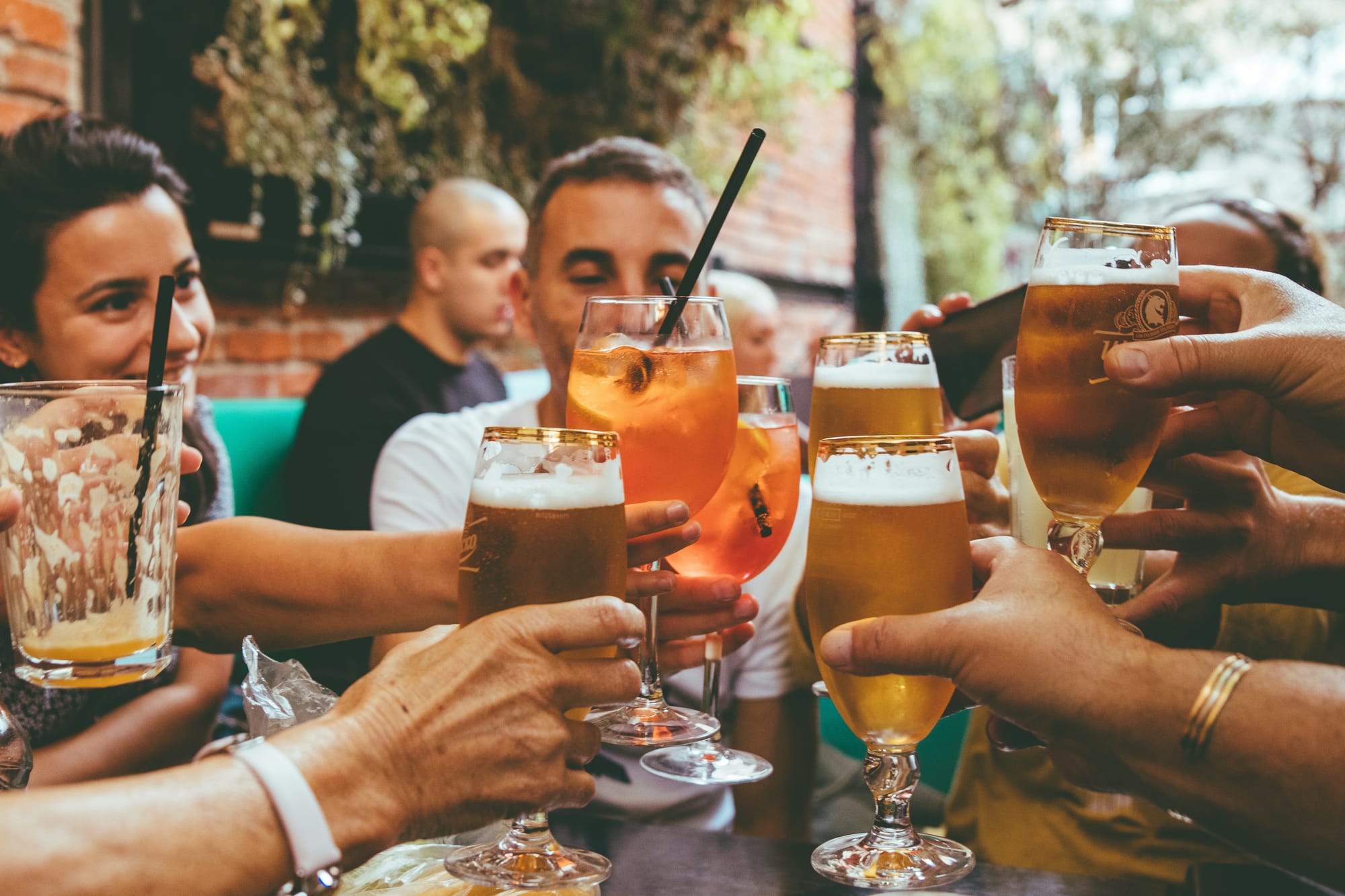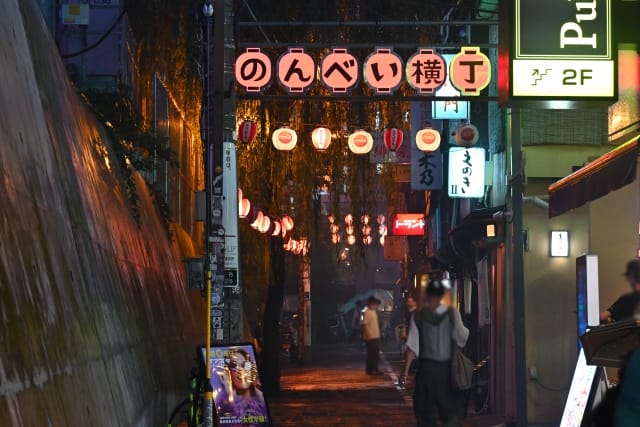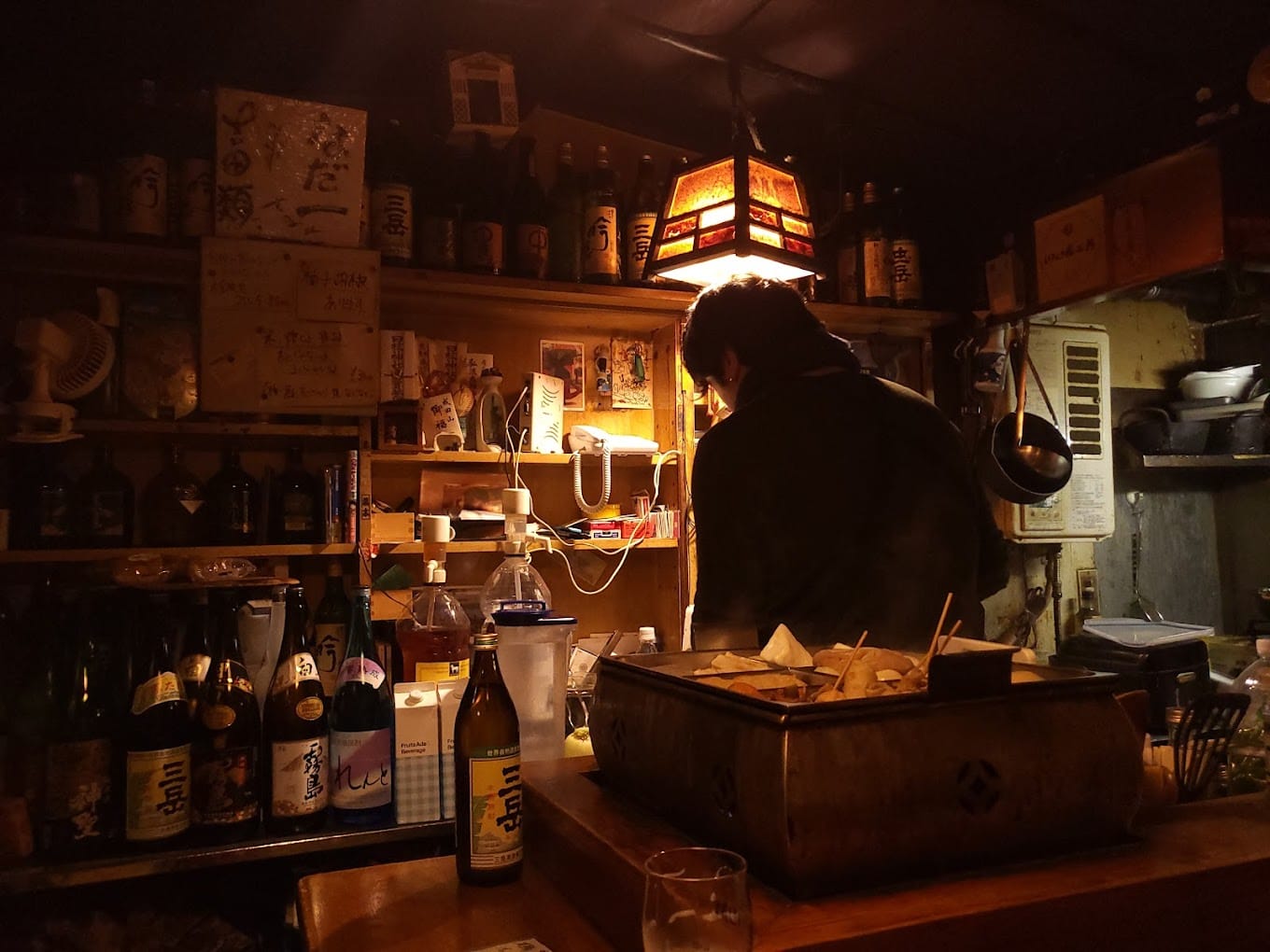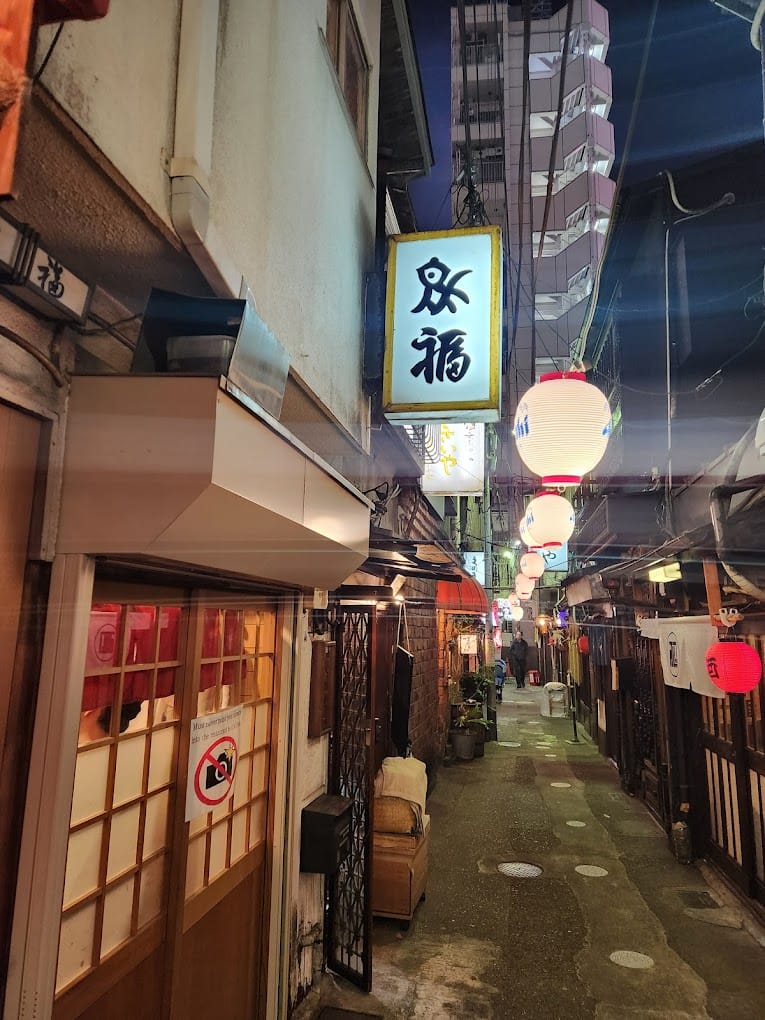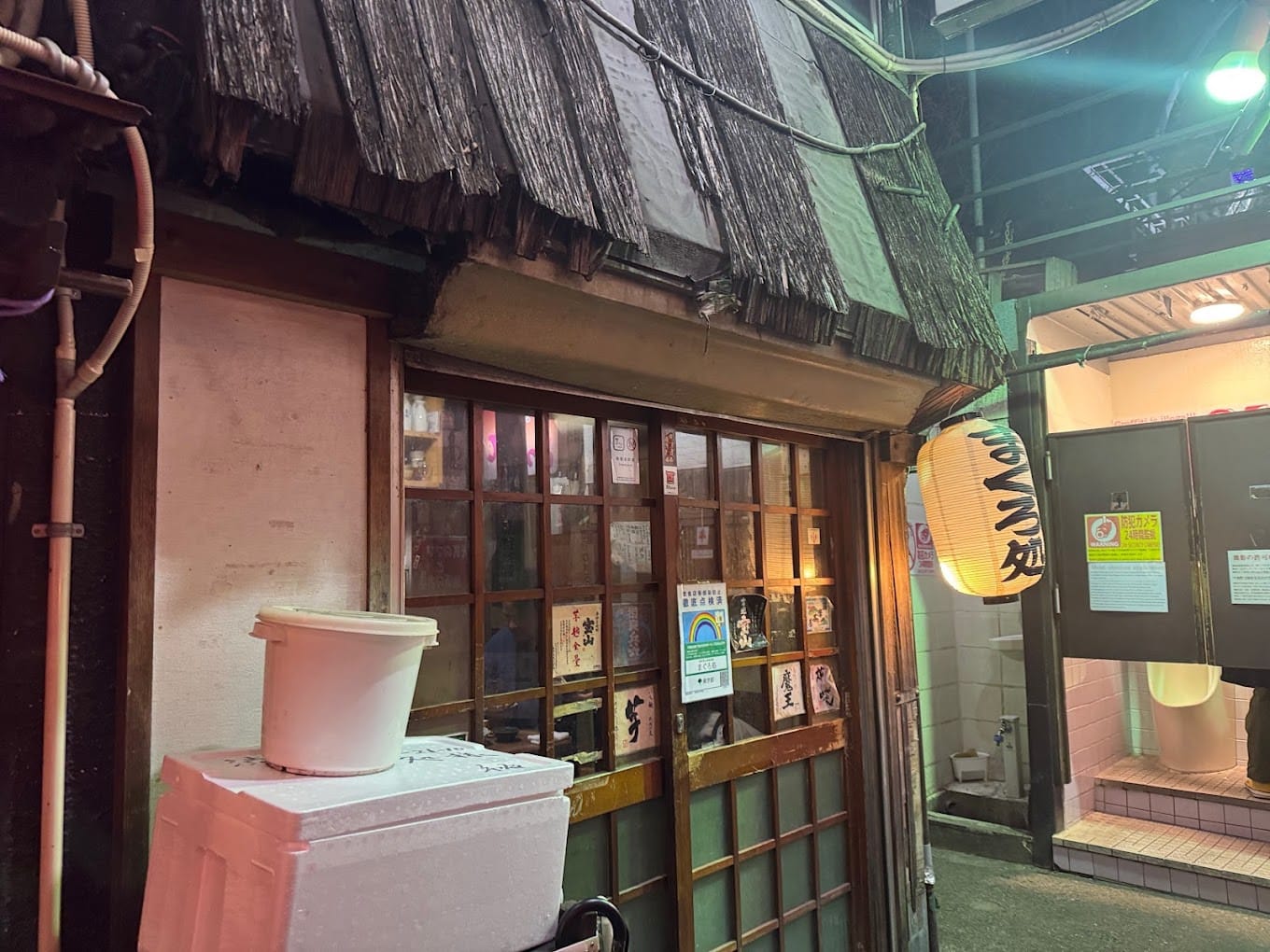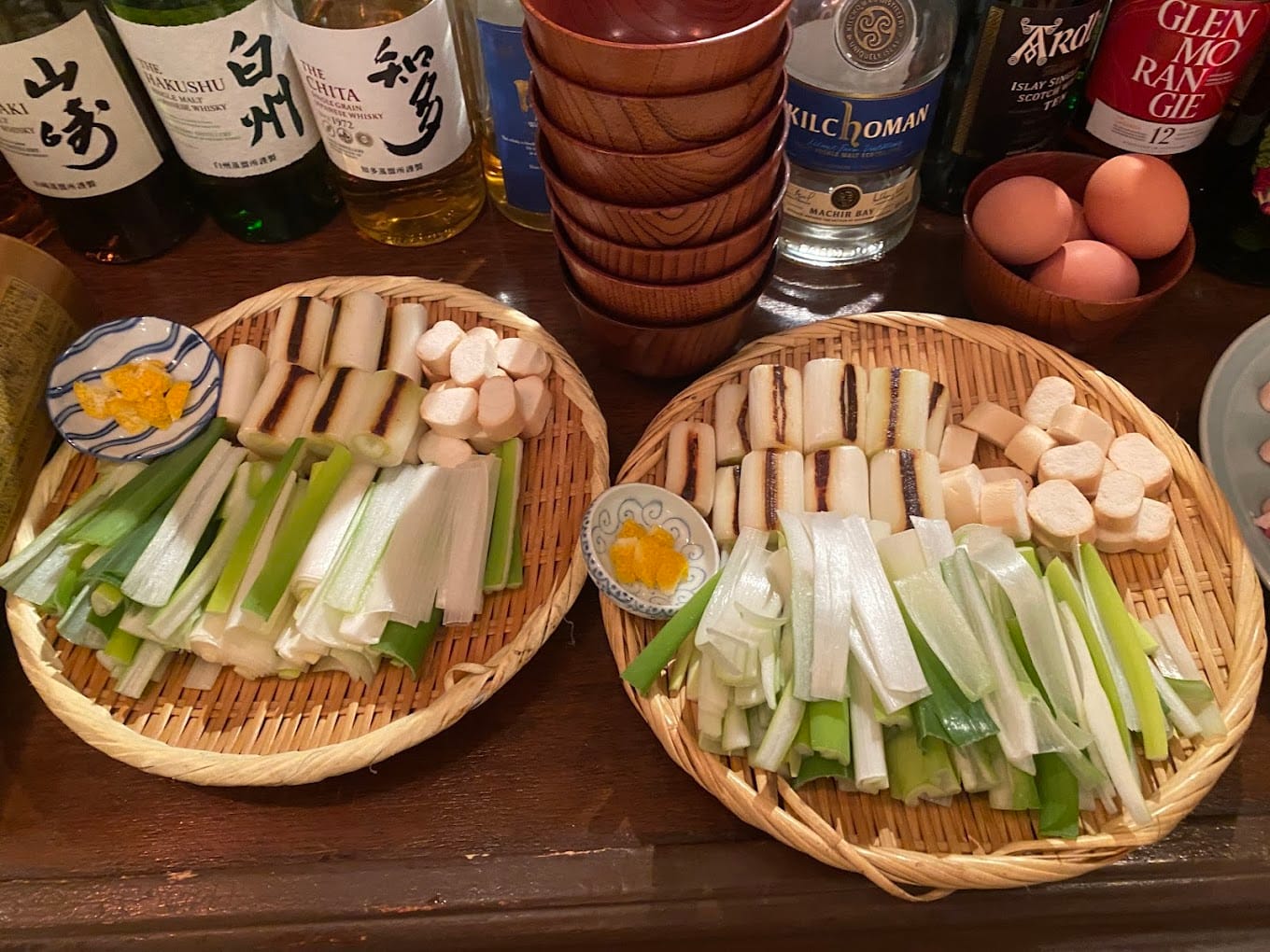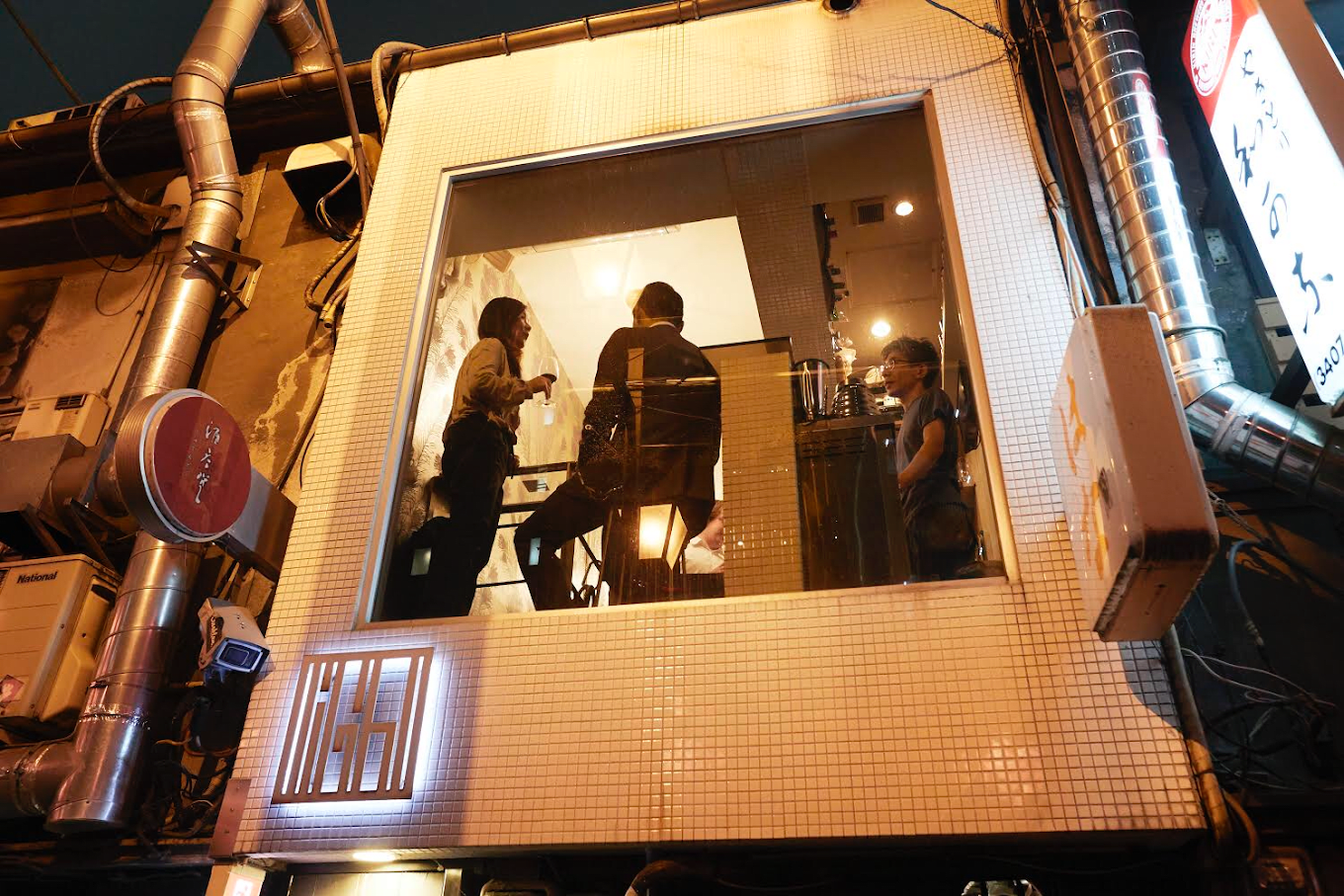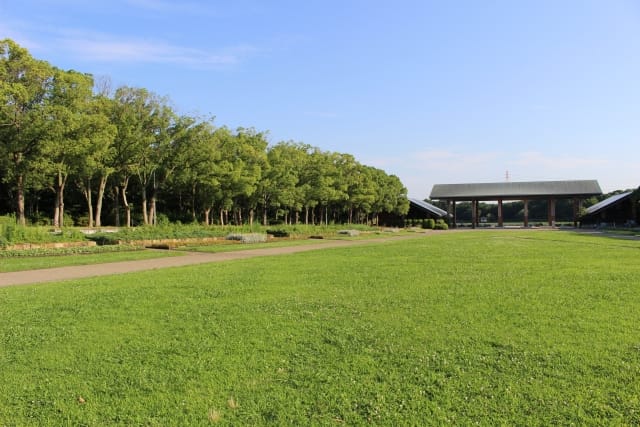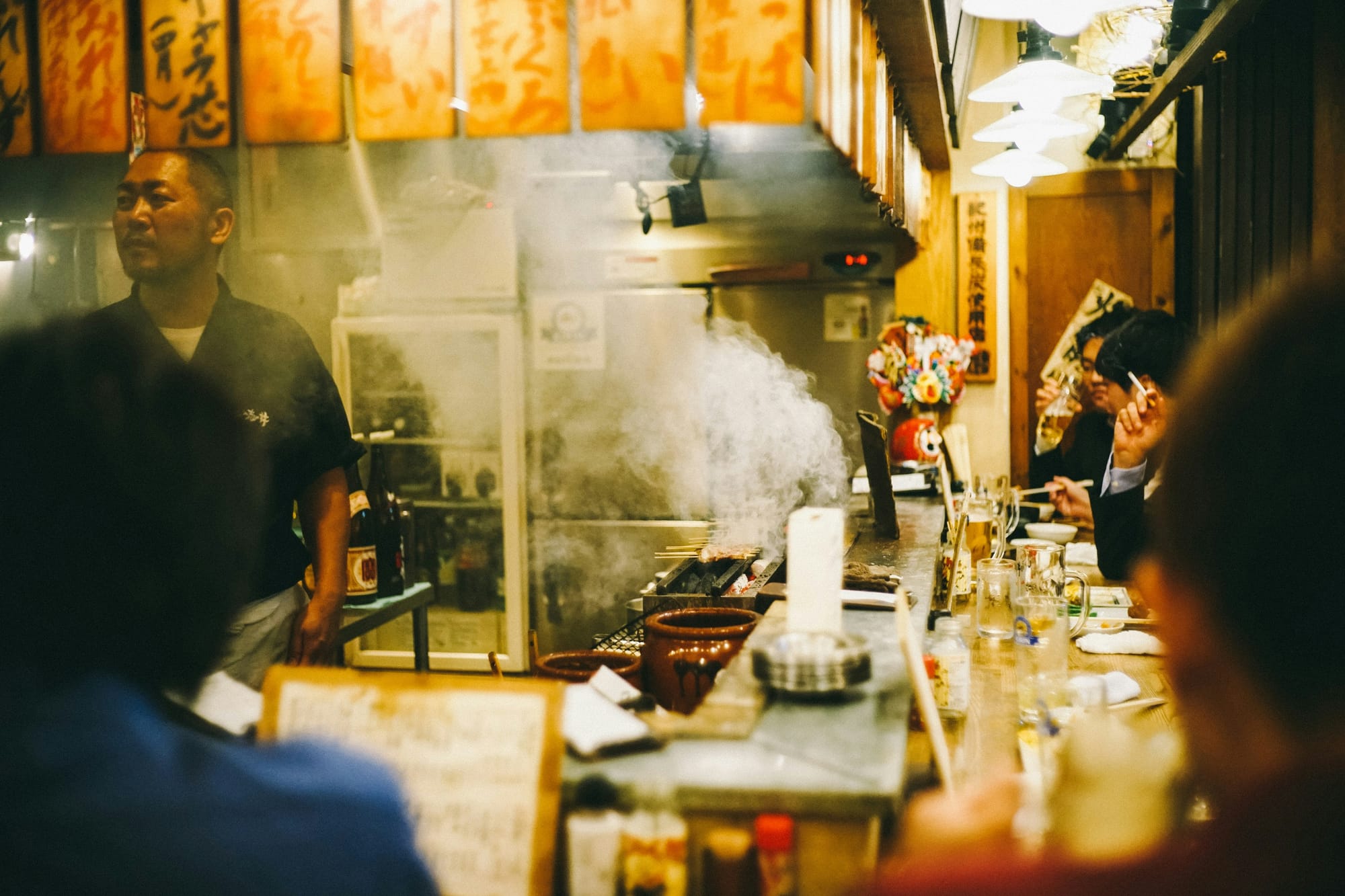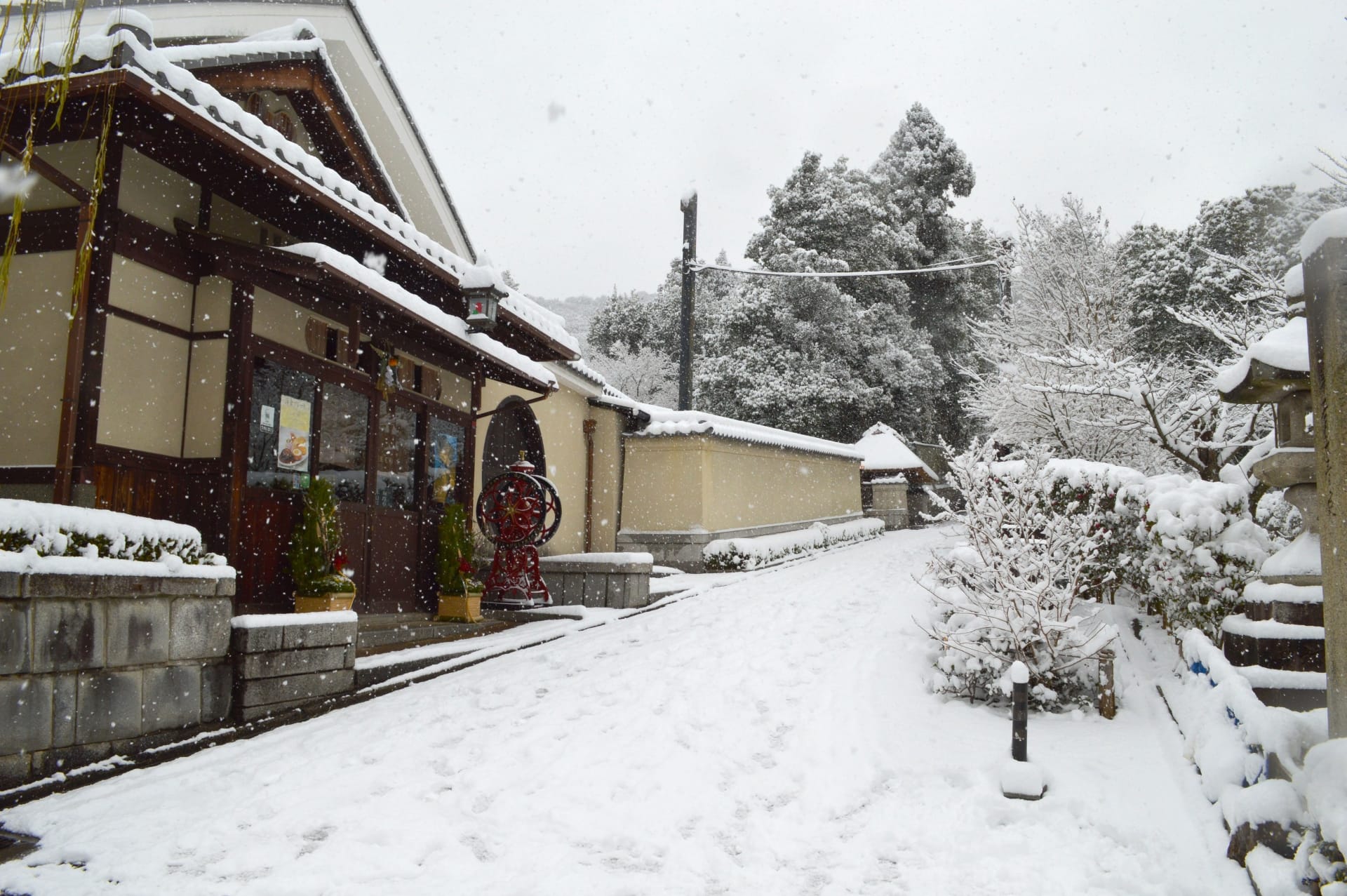Shibuya Nonbei Yokocho: How to Enjoy Tokyo's Retro Alley & Tips from Locals
When you step into the back alleys from the bustling Shibuya, you'll find a space that seems frozen in time. "Nonbei Yokocho," with its 70-year history, is one of the special places in Tokyo where I grew up.
This alley, barely 2 meters wide with 40 small izakayas lined up, is a rare adult social hub in modern Shibuya that strongly retains the atmosphere of old Tokyo, unlike the lively Meat Alley visited on our Shibuya Bar Hopping Tour.
A quiet and calm atmosphere characterizes Nonbei Yokocho.
For tourists, while attracted to the photogenic retro atmosphere, you might initially be confused by the narrow alley and language barrier. However, because each shop has only 4-8 seats, it's this intimate space that naturally fosters interaction with locals, allowing you to experience the "real Tokyo" not found in tourist guidebooks.
Shops lined up offer authentic Japanese cuisine like fresh seafood, yakitori, and oden that can be enjoyed casually. Here, tourists and locals rub shoulders while savoring delicious food and drinks. I'll introduce you to the charms of Nonbei Yokocho.
If you combine our Shibuya Bar Hopping Tour with this article, you can experience various faces of Tokyo at once, so please consider it.

Table of Contents
・The Appeal of Nonbei Yokocho
・How to Access Nonbei Yokocho and Business Hours
・3 Ways to Enjoy Nonbei Yokocho
・5 Recommended Izakayas in Nonbei Yokocho
・Budget and Payment Methods for Nonbei Yokocho
・Etiquette and Things to Note in Nonbei Yokocho
・Recommended Tours to Enjoy Shibuya and Tokyo Nights
・Spots to Visit Along with Nonbei Yokocho in Shibuya
・Frequently Asked Questions About Nonbei Yokocho
If you're interested in "Nightlife in Shibuya", Check the article below.
・Shibuya Nightlife Guide 2026 - What to Do at Night in Tokyo's Trendy Neighborhood w/ Map
If you're interested in "Drinking Districts in Shibuya", Check the article below.
・Best 4 Recommended Drinking Alleys in Shibuya
If you want to enjoy all that Shibuya has to offer, check out the following articles in addition to this one! Below is Magical Trip's top-rated guide to a perfect night out in Shibuya.
Make the most of your night out in Shibuya with one of Magical Trip's top-rated articles "Shibuya Nightlife Guide 2026 - What to Do at Night in Tokyo's Trendy Neighborhood w/ Map" below in hand.
The Appeal of Nonbei Yokocho
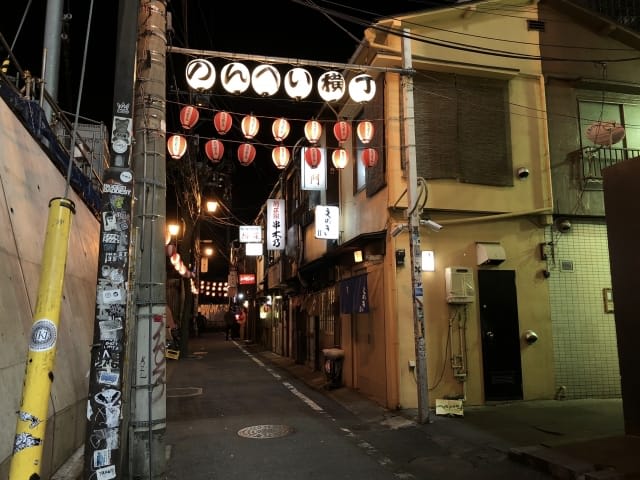
Nonbei Yokocho, my favorite drinking alley that conveys the retro Showa era atmosphere of Tokyo.
This place, which has continued since 1952, is densely packed with about 40 small-scale izakayas. If you visit on a weekday night, you'll see it bustling with office workers and local regulars, allowing you to experience the "real Tokyo" itself.
The alley is only about 2 meters wide. The red lanterns and neon signs of the shops lined up on both sides further accentuate the retro atmosphere.
Most shops are small with 4-8 seats, characterized by intimate spaces mainly with counter seats. This narrowness becomes an attraction that naturally generates conversation with the person sitting next to you.
What I particularly like is that you can casually enjoy authentic Japanese cuisine such as fresh seafood, yakitori, and oden. The experience of tasting real Japanese food in the same space as locals should be a precious memory for tourists.
More Detailed Information About "Best Izakayas in Shibuya"
・Where to Drink in Shibuya! Recommended Izakayas
How to Access Nonbei Yokocho and Business Hours
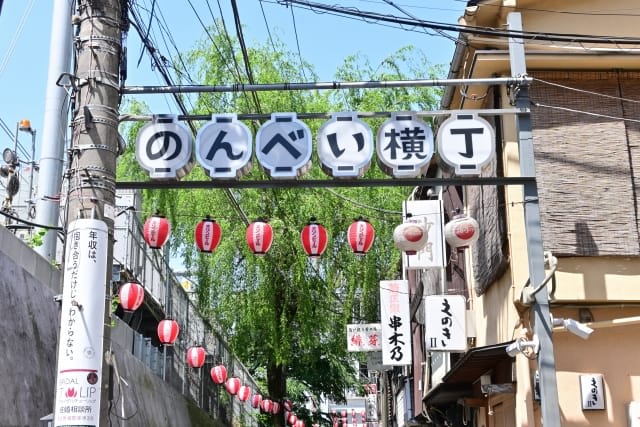
Access to Shibuya's Nonbei Yokocho is surprisingly easy. It's located on the right side as you go up Miyamasuzaka after exiting the Hachiko Exit of JR Shibuya Station, just about a 5-minute walk.
It's also about a 5-minute walk from the lively Shibuya Center Street. As someone who has lived in Tokyo for many years, I feel this convenient location is a big attraction for tourists.
For business hours, most shops open around 6 PM and operate until late night. They're open as usual on weekends and holidays, but since each shop has different regular holidays, I recommend checking in advance if you're planning to visit a specific shop.
If you get lost trying to find the place, you can easily arrive by searching for "Nonbei Yokocho" on Google Maps on your smartphone. It's also easily accessible from major tourist spots around Shibuya Station, making it a convenient place to drop by between sightseeing.
3 Ways to Enjoy Nonbei Yokocho
From my experience of guiding many foreign friends, I'll introduce three ways to maximize your enjoyment of Nonbei Yokocho.
Bar Hopping
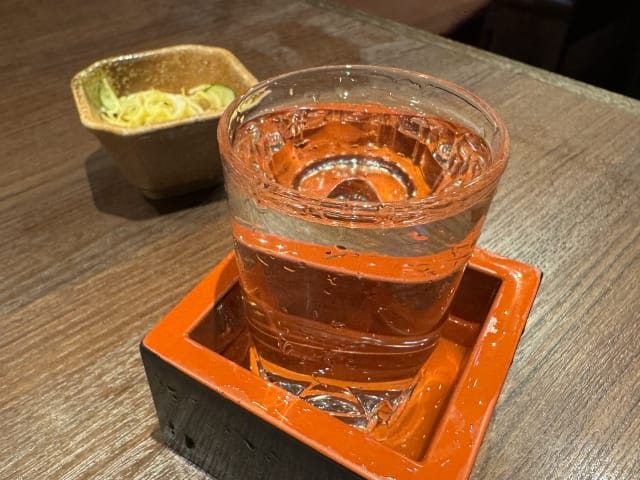
The real pleasure of Nonbei Yokocho is being able to hop between many unique shops. Since each shop has a different theme and interior, visiting multiple shops rather than just one allows for a deeper experience.
Notably, the charm of small-scale shops is that you're close to the shop owner, allowing for casual conversations. It's not uncommon to naturally engage in conversation with Japanese regulars, often leading to unexpected cultural exchange opportunities.
More Detailed Information About "Bar Hopping Tour in Shibuya"
・Introducing Shibuya Bar Hopping Night Tour (w/Photos)
More Detailed Information About "Shibuya Tours"
・Ultimate Shibuya Tours Guide 2026: 8 BEST Night Walking & Food Tours & Reviews
Experience Japanese Izakaya Food Culture
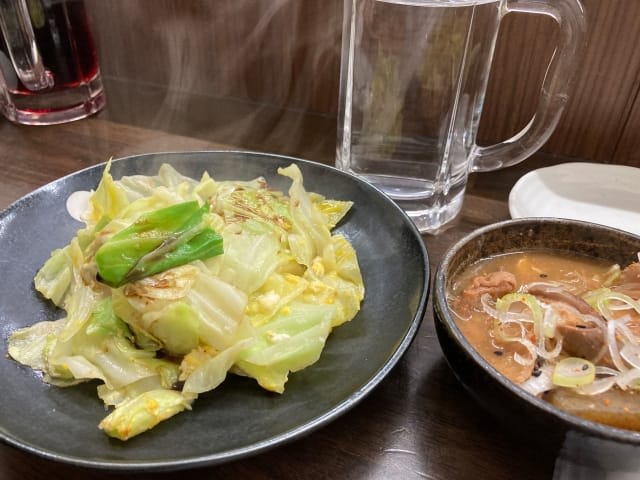
What I especially recommend to foreign tourists is experiencing authentic izakaya culture. You can actually experience unique Japanese izakaya systems such as otoshi (seat charge) and ordering methods.
Moreover, the sake and shochu served at each shop are more authentic than those at tourist-oriented establishments. You can enjoy meals while savoring the retro atmosphere of Tokyo. By using translation apps, conversations with shop owners and regulars can be more lively, enabling deeper cultural exchange.
More Detailed Information About "Izakaya Food"
・Japan's Classic Izakaya Menu! Introducing Izakayas in Shibuya
Attraction as a Photo Spot
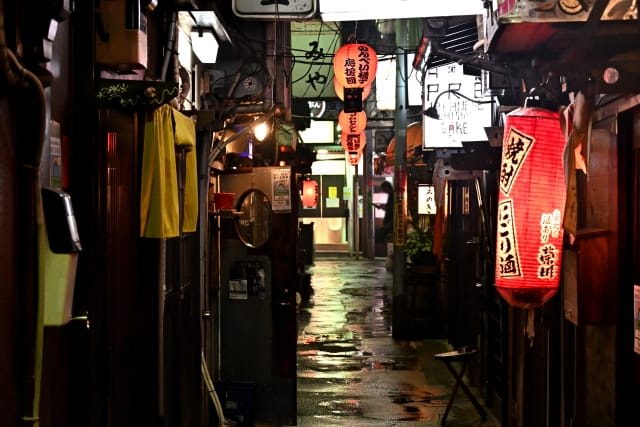
The photogenic atmosphere of Nonbei Yokocho is gaining popularity on social media.
The unique landscape created by retro neon signs, lanterns, and the narrow alley about 2 meters wide fascinates many photography enthusiasts as a symbol of "disappearing Tokyo."
Especially at night, the street lights and the warm light from the shops cast onto the alley create a nostalgic and photogenic scenery.
More Detailed Information About "Photo Spots in Shibuya"
・Recommended Photo Spots in Shibuya
5 Recommended Bars & Izakayas in Nonbei Yokocho
From my experience as a local guide, I'll introduce five especially recommended places in Nonbei Yokocho. Each shop has its own unique charm, offering authentic Tokyo flavors and atmosphere.
Nadaichi
Source: Google Map
Nadaichi, an established oden shop founded in 1950, is a famous restaurant that has walked alongside the history of Nonbei Yokocho. The oden, which has been simmered in a broth that has soaked in thoroughly, is exquisite, and the chikuwabu, in particular, is highly praised by regular customers.
The homey atmosphere and the ability to enjoy conversations with the shop owner across the counter are also attractive. Please note that it's closed on Sundays.
Address: 1 Chome-25-10 Shibuya, Tokyo 150-0002
Closed: Sundays
Phone: 0334098773
Hours: 6 PM–12 AM
Website: http://www.nonbei.tokyo/shop/nadaichi/
Torifuku
Source:Google Map
Torifuku is proud of its yakitori made with fresh chicken. What I particularly like is the voluminous yakitori overflowing with meat juices. Along with the retro interior atmosphere, it's popular as a place where you can casually enjoy authentic yakitori.
It's ideal for drinking parties with friends, where you can savor authentic yakitori in a casual atmosphere. Please note that it's closed on Sundays and holidays.
Address: 1 Chome-25-10 Shibuya, Tokyo 150-0002
Closed: Sundays
Phone: 0334994978
Hours: 4–8 PM
Hours (Mondays & Tuesdays): 4–9 PM
Website: http://nonbei.tokyo/shop/torifuku/
More Detailed Information About "Izakayas in Shibuya"
・Where to Drink in Shibuya! Recommended Izakayas
Maguro-dokoro
Source:Google Map
Maguro-dokoro, which serves dishes using fresh tuna, is a famous restaurant that has been loved by many regular customers since its establishment in 1982.
I often order fresh sashimi and tataki. With cooking methods that maximize the taste of the ingredients, you can savor the authentic flavors of Japan.
In the casual atmosphere of the restaurant, you can enjoy authentic seafood without pretense. It pairs excellently with sake, and I especially recommend it to foreign tourists as a place where you can fully experience Japanese food culture. Please note that it's closed on Sundays and holidays.
Address: CURVA, 1-25-10 Shibuya, Tokyo 150-0002
Closed: Sundays
Phone: 0334008880
Hours: 6 PM–12 AM
Website: http://www.katusyo.jp/
Yasaiya
Source:Google Map
Yasaiya, which serves Japanese cuisine centered on vegetables, is an izakaya especially recommended for health-conscious individuals. The array of creative dishes using fresh vegetables is one of the reasons I visit frequently.
Particularly in winter, authentic duck hot pot appears, becoming an indispensable presence in the cold season. They also have a rich selection of sake, with many brands that pair perfectly with vegetable dishes.
You can enjoy your meal leisurely in the calm atmosphere of the restaurant. Unlike other shops in Nonbei Yokocho, reservations are recommended here, so I advise contacting them in advance if you want to secure a seat.
Address: 1 Chome-25-10 Shibuya, Tokyo 150-0002
Closed: None
Phone: 08065928887
Hours: 6 PM–12 AM
Website: https://www.shibuyayasaiya.com/
TIGHT
Source:Google Map
TIGHT, a hidden bar with a stylish atmosphere, offers a particularly refined space within Nonbei Yokocho. It's popular for solo female drinkers, and one of its attractions is that there's no seat charge.
Despite the limited number of seats, you can enjoy high-quality cocktails in a homey atmosphere. The original cocktails made by skilled bartenders are perfect for casual drinking parties or after-parties.
It's one of the places I often stop by after work, where I can spend quality time in a relaxed atmosphere.
Address: 1 Chome-25-10 Shibuya, Tokyo 150-0002
Closed: None
Phone: 0334997668
Hours: 7 PM–2 AM
Hours (Sundays): 6 PM–2 AM
Website: http://www.2004-tight.com/english.html
More Detailed Information About "Bars in Shibuya"
・Recommended 6 Bars in Shibuya w/map & Access: Tokyo's Night Oasis Beloved by Locals
Shibuya and Harajuku are major hubs for various cultures and trends, where countless shops compete for attention daily. These neighborhoods, with their intermingling youth cultures, can be overwhelmingly complex, making it challenging to find shops that match your interests.
That's where Magical Trip tours come in handy. By booking a tour in advance, you can learn about must-visit spots and recommended shops. The tour guides at Magical Trip are experts on Tokyo and can help you discover local favorite shops that residents love!
・Shibuya Bar Hopping Night Tour in Tokyo
・Tokyo Bar Hopping Night Tour in Shinjuku
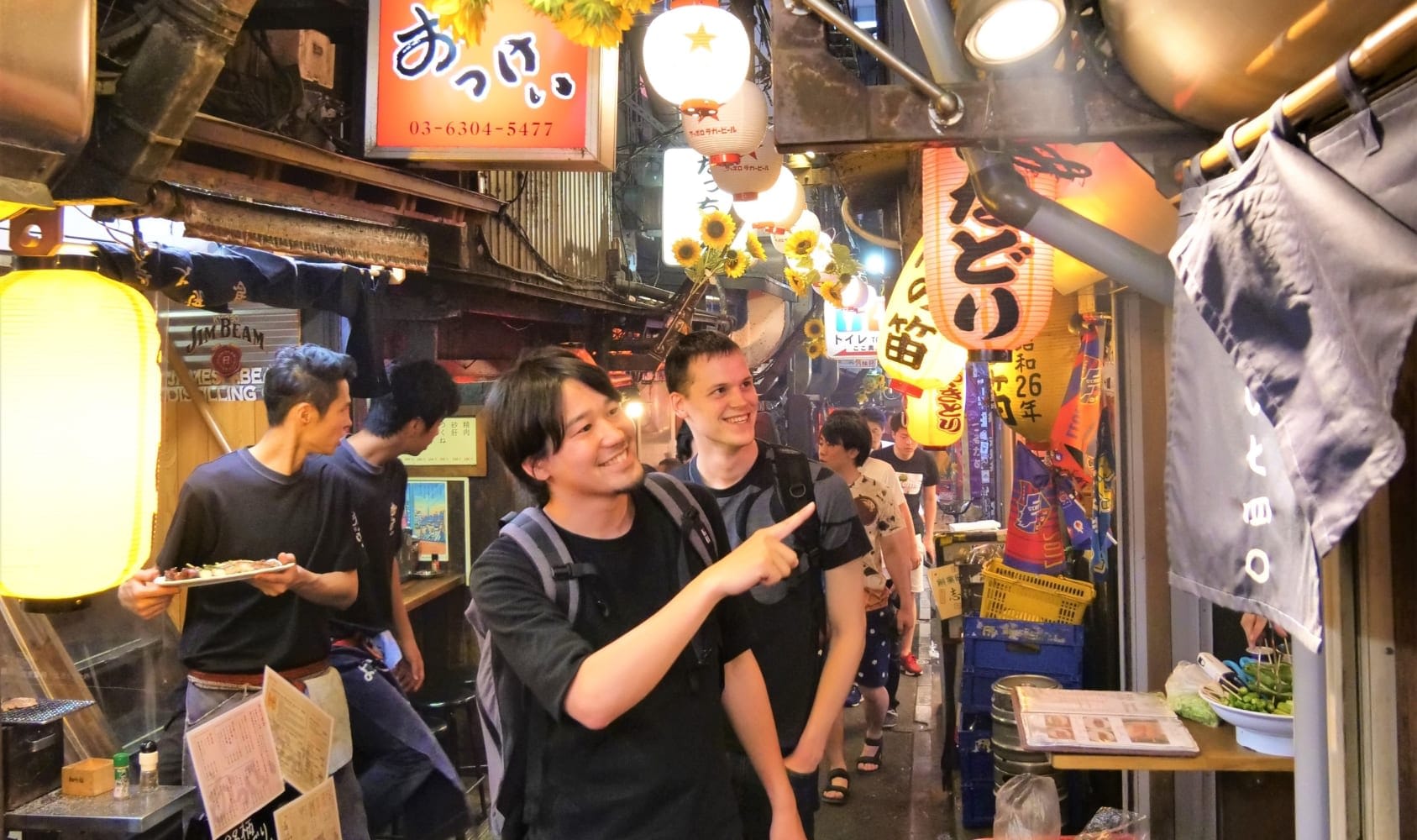
More Detailed Information About "Night life in Shibuya"
・Shibuya Nightlife Guide 2026 - What to Do at Night in Tokyo's Trendy Neighborhood w/ Map
If you find it difficult to enjoy all that Shibuya has to offer at night, check out this page! Yasuhiro, who was born and raised in Shibuya, provides a comprehensive introduction to the highlights of Shibuya at night!
Budget and Payment Methods for Nonbei Yokocho
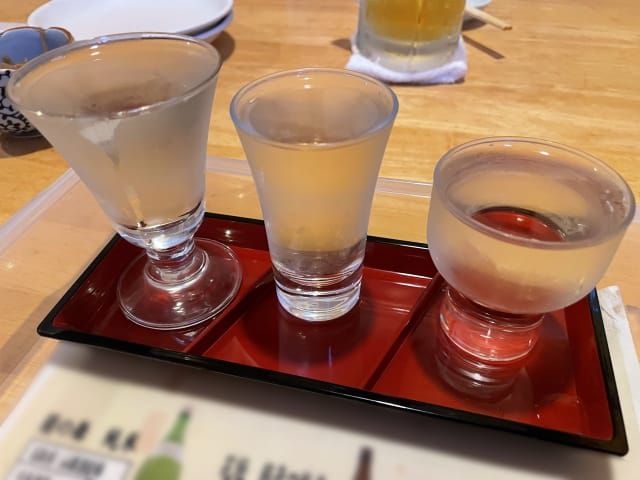
For those planning a dining experience in Nonbei Yokocho, I'll explain in detail about the budget and payment.
From my experience, it's safe to budget around 3,000 to 5,000 yen per person. This calculation includes the otoshi fee, 2-3 dishes, and 2-3 drinks.
What I'd like you to be aware of is that most shops only accept cash. Even in the recent trend towards cashless payments, Nonbei Yokocho maintains its old-fashioned atmosphere, so most shops don't accept credit cards or electronic money. I strongly recommend preparing cash in advance.
The charge fee (seat charge) varies by shop, but it's generally around 500 to 1,000 yen. Also, "otoshi" (a small dish served first), a characteristic of Japanese izakaya culture, is mandatory and typically costs around 300 to 500 yen.
Few shops offer all-you-can-eat-and-drink courses, so ordering à la carte is the norm.
Etiquette and Things to Note in Nonbei Yokocho
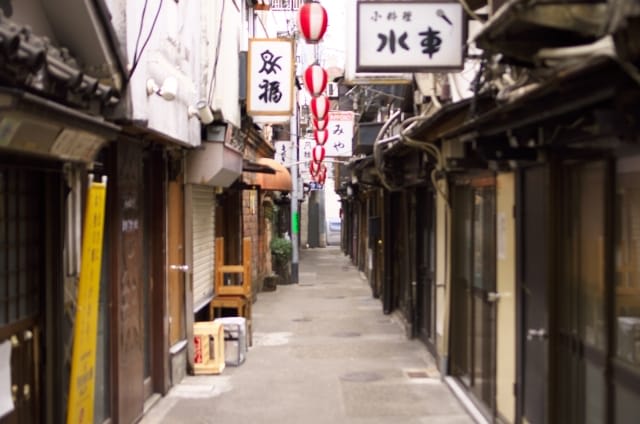
There are several important manners and points to note when visiting Nonbei Yokocho.
As a local, what I particularly emphasize is about taking photos inside the shops. While the Instagram-worthy atmosphere is attractive, always make sure to ask the shop owner's permission before taking photos.
The narrowness of the alley is also characteristic, with a width of only about 2 meters. Therefore, special care is needed not to obstruct other customers' passage. When taking photos, please avoid standing in the alley and try to take them from the side of the wall.
Most shops don't accept or require reservations. This is due to the small capacity of the shops. Therefore, I recommend avoiding long stays and moving to the next shop after about 2 hours.
Also, when drinking alcohol, I hope you'll enjoy it in moderation. Causing disturbances such as shouting while drunk is particularly behavior to be avoided in this quiet and calm alley. I hope you'll create enjoyable memories while maintaining good relationships with regular customers and locals.
More Detailed Information About "Drinking Alleys in Shibuya"
・Best 4 Recommended Drinking Alleys in Shibuya
In addition to Nonbei Yokocho, there are many other Yokocho in the Shibuya and Shinjuku areas. If you want to enjoy Tokyo's nightlife to the fullest, be sure to check out this article.
Recommended Tours to Enjoy Shibuya and Tokyo Nights
To maximize your enjoyment of Tokyo nights, I recommend tours with local guides from MagicalTrip. Having guided numerous foreign friends myself, I find these tours are especially helpful for those who feel a language barrier.
More Detailed Information About "Nightlife in Tokyo"
・Tokyo Nightlife Dictionary 2026 - Top 8 things to do at night w/map
Why Tours are Recommended for Enjoying Shibuya and Tokyo Nights
Many tourists want to experience the "real Tokyo," not just touristy places.
However, many places have limited English support, and some people feel anxious about making reservations or ordering. By using a tour, you can enjoy the "real Tokyo" and "real Shibuya" efficiently, without language worries and the hassle of making reservations.
Shibuya Bar Hopping Night Tour in Tokyo
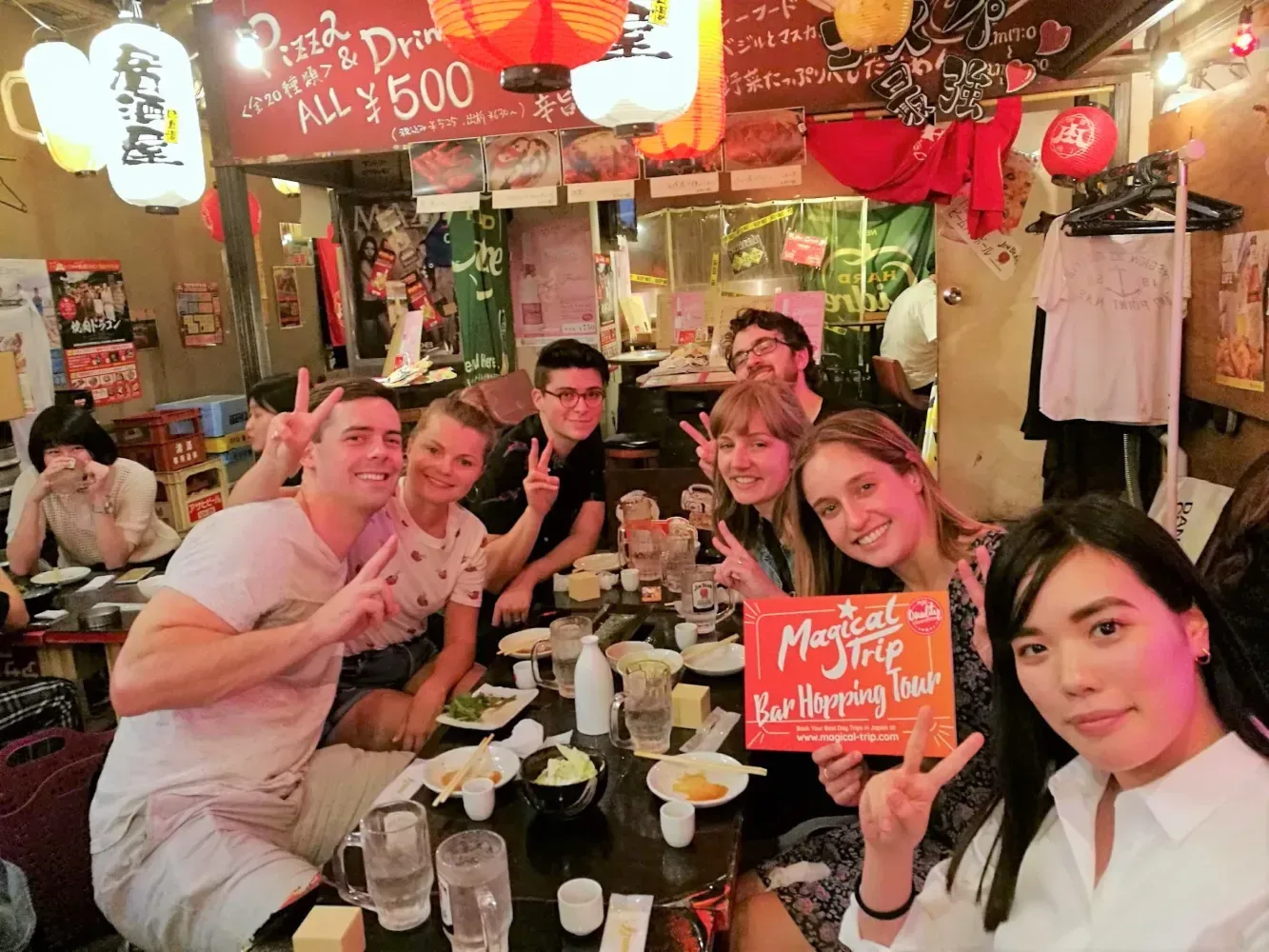
This tour is an excellent all-in-one package priced at $106.51 per person, including over 4 drinks and 3-4 food items in a 3-hour course.
What I particularly recommend is the opportunity to explore Shibuya's hidden dining streets (like Meat Alley) with an English-speaking local guide.
It's open to participants 15 years and older, but alcohol is only served to those 20 and above, in accordance with Japanese law. They also accommodate vegetarian menus, so those with dietary restrictions can participate with peace of mind.
You'll visit three izakayas and enjoy various Japanese meat dishes including wagyu, Kobe beef, and beef sushi. The food provided is sufficient for dinner.
The cancellation policy is flexible, with full refunds available up to 24 hours before. Date changes are also free up to 24 hours before (subject to availability). The tour also includes a photo-taking service, so you can keep memories of your experience.
For more details: Shibuya Bar Hopping Night Tour in Tokyo
Tokyo Bar Hopping Night Tour in Shinjuku
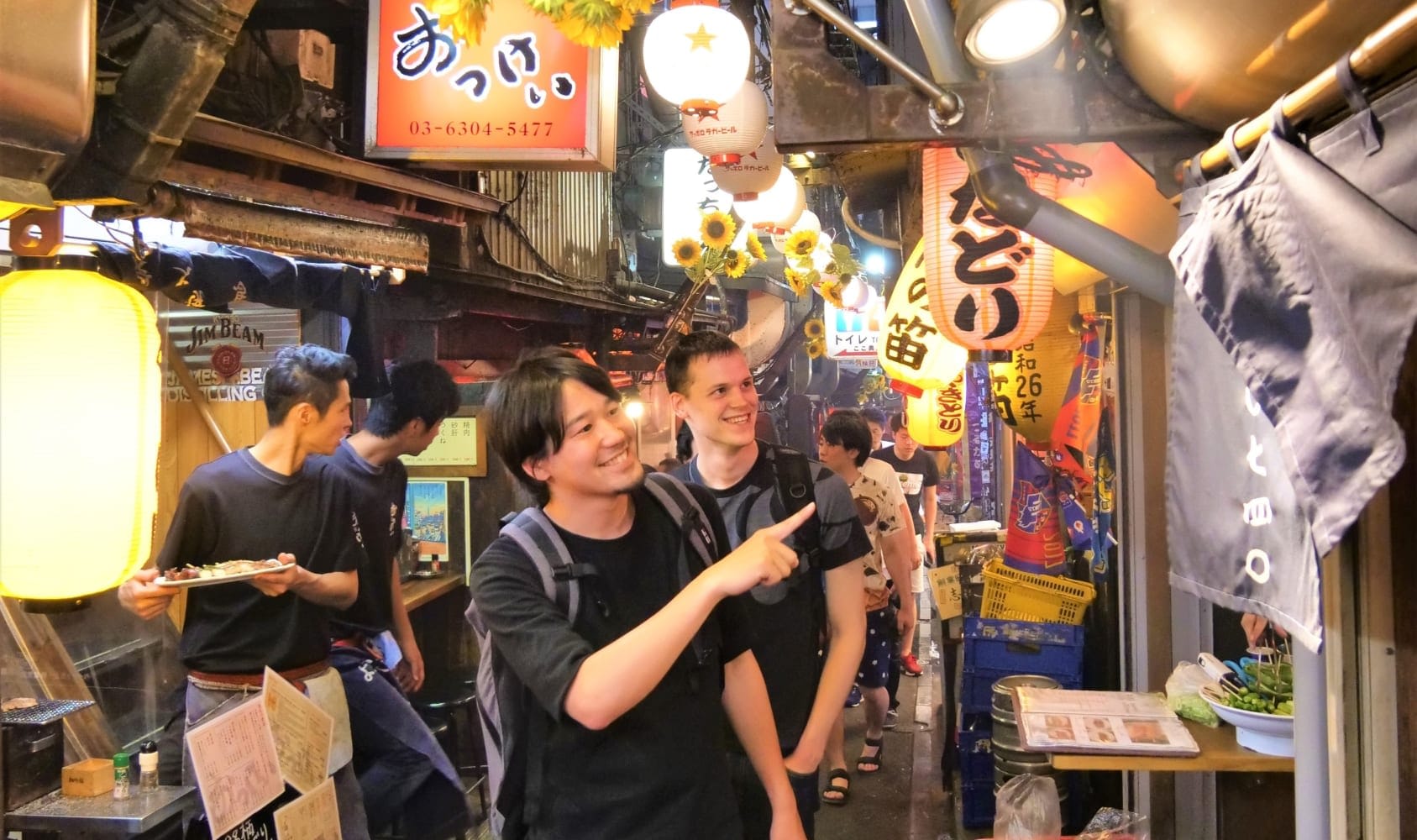
The bar hopping tour in Shinjuku offers a 3.5-hour course for $105.56 per person. It's a comprehensive all-in-one tour including over 4 drinks (2 at the first stop, all-you-can-drink at the second, and 1 at the third) and 3 food items.
This tour has been experienced by over 20,000 people and was ranked 1st among all experience products in Japan on TripAdvisor in 2024.
You'll visit 3 hidden izakayas in Shinjuku that are hard for tourists to find, enjoying popular local izakaya dishes like yakitori, gyoza, and fried tofu. The food provided is sufficient for dinner.
Participants must be 15 or older, but alcohol is only served to those 20 and above, in line with Japanese law. Vegetarian menus are also available, so those with dietary restrictions can participate worry-free.
The charm lies in touring different atmospheric areas of Shinjuku, like Memory Lane and Kabukicho. It's a small-group tour popular with solo travelers, friends, couples, and families. Cancellations are fully refundable up to 24 hours before, and date changes are free up to 24 hours before.
For more details: Tokyo Bar Hopping Night Tour in Shinjuku
More Detailed Information About "Shibuya VS Shinjuku"
・Shinjuku vs Shibuya: A Comprehensive Comparison of Tokyo's Two Major Districts + Access Guide
Spots to Visit Along with Nonbei Yokocho in Shibuya
I'd like to introduce some Shibuya tourist spots that are worth visiting before or after bar hopping in Nonbei Yokocho. Combining these places can give you a more fulfilling experience in Shibuya.
Scramble Crossing & Hachiko Statue
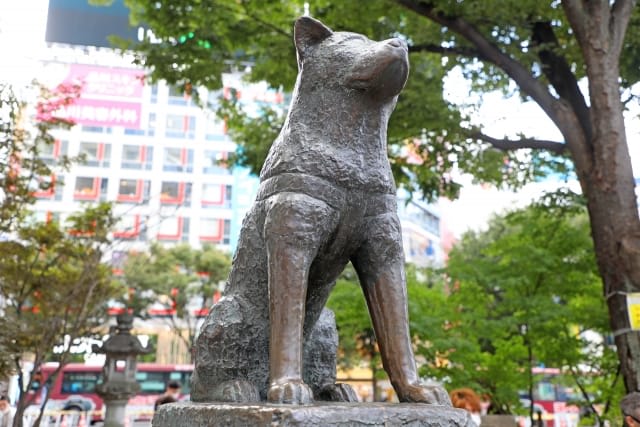
I always introduce the Scramble Crossing and Hachiko Statue to tourists as standard spots.
The Scramble Crossing is just outside the Hachiko Exit of Shibuya Station. The sight of a large number of pedestrians crossing from various directions when the signal stops vehicles in all directions is breathtaking.
Especially at night, the futuristic landscape created by the glow of giant digital signage and neon signs is popular as a perfect spot for photography.
The Hachiko Statue standing nearby is the symbolic presence of Shibuya Station's "Hachiko Exit." The statue of the loyal dog who waited for his deceased owner for years has now become the most popular meeting place in Shibuya.
More Detailed Information About "Scramble Crossing and Hachiko Statue"
・The Icons of Shibuya: Scramble Crossing and Hachiko Statue
If you are planning to visit the iconic “Scramble Crossing” in Shibuya, check this guide in advance! Important information is introduced here.
Center Gai (Street)
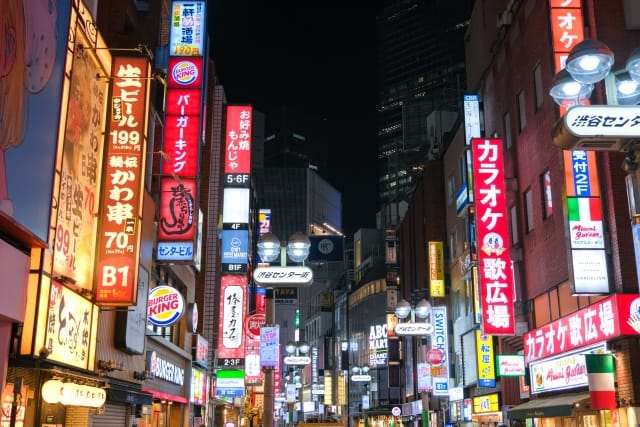
Center Gai, which runs through the center of Shibuya, is a street rich in fashion and trendy items for young people.
It's crowded with many people day and night, and is particularly lively as an izakaya district at night. It's easily accessible from Shibuya Station and moving to other shopping malls is also easy.
You can enjoy a different energetic night street atmosphere from Nonbei Yokocho.
More Detailed Information About "Shibuya Center-Gai"
・Shibuya Center-Gai: Shop, Eat, and Play in Tokyo's Trendiest Neighborhood
Shibuya Center-gai is the place I always visit when I come to Shibuya. This is a great place for bar hopping, and I introduce this place in detail.
Shibuya Scramble Square
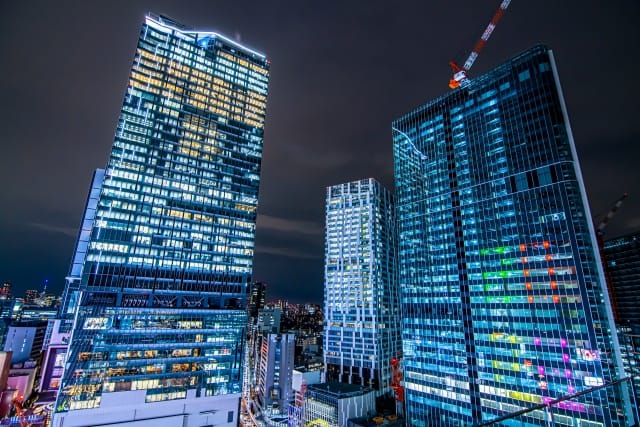
Shibuya Scramble Square, which opened in 2019, is Shibuya's new landmark boasting 47 floors above ground and a height of 230m.
What I especially recommend is the rooftop observation facility "SHIBUYA SKY." The entrance fee is 2,500 yen (2,200 yen for online reservations), but the 360-degree view of the cityscape from dusk to night far exceeds its value.
On clear days, you can even see Mt. Fuji, and the night view is breathtakingly beautiful. The elevators can get crowded, but this view is an experience you absolutely shouldn't miss.
Address:2-24-12 Shibuya, Shibuya City, Tokyo 150-0002
Closed: None
Phone: 03-4221-4280
Hours: 10 AM–9 PM
Website: https://www.shibuya-scramble-square.com/sky/
More Detailed Information About "Shibuya Scramble Square"
・Shibuya's Popular Commercial Facility: Shibuya Scramble Square
Shibuya Sky, the hottest spot in Shibuya right now, is an essential part of sightseeing in Shibuya! Check out this guide before you go!
The nightlife of Shibuya and Shinjuku features many spots that capture Japan's retro charm, as well as izakayas (Japanese pubs) with distinctive cyberpunk vibes.
At Magical Trip, we offer photo tours led by local guides who are not only experts on Shibuya and Shinjuku but also professional photographers.
Let a professional photographer capture your moments exploring the stunning cityscapes of Shibuya and Shinjuku! Since children are welcome to join, this tour is perfect for families looking to create lasting memories of their Japanese adventure.
・Tokyo by Night Photography Tour
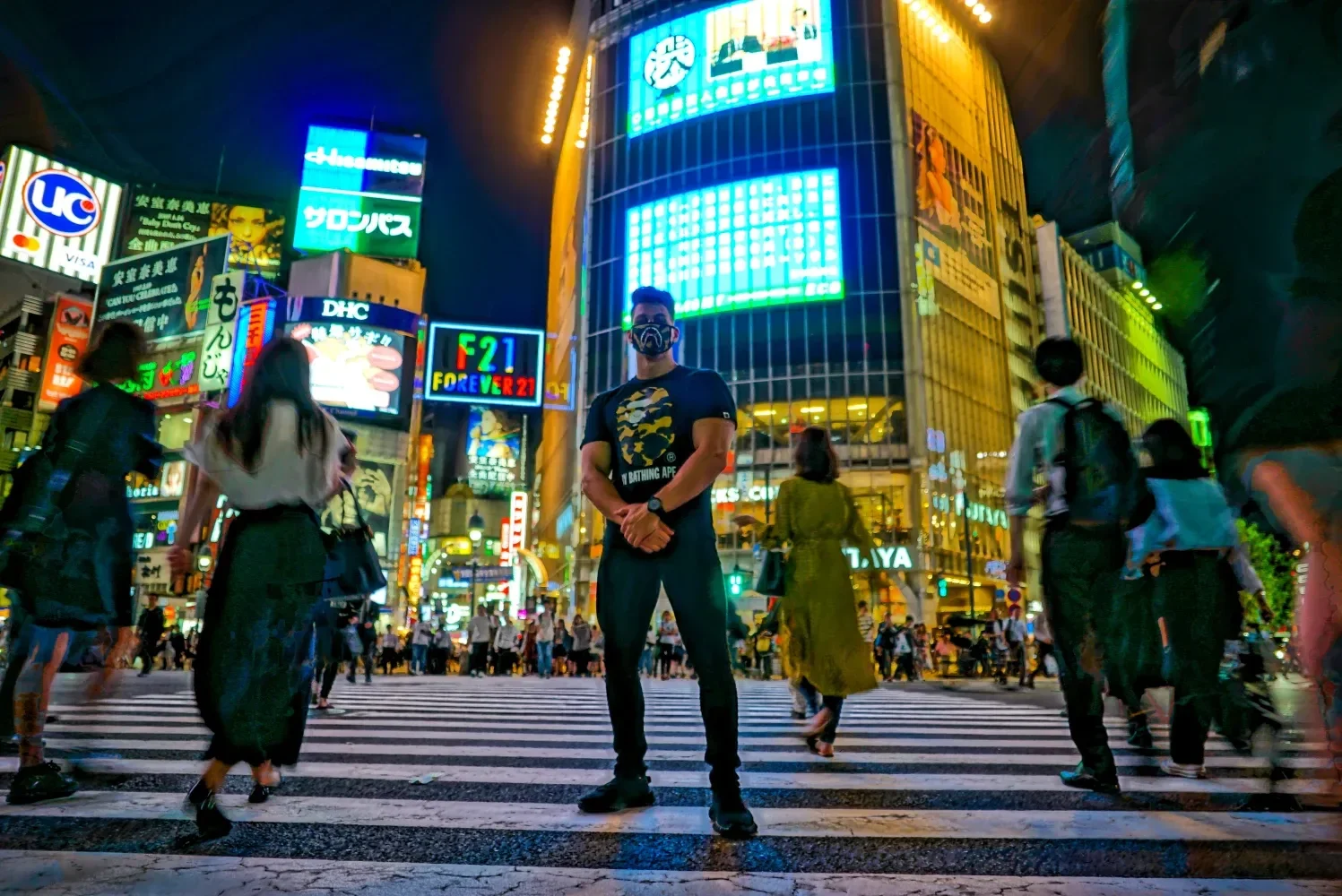
Frequently Asked Questions About Nonbei Yokocho
Based on my experience, I'll answer questions that many tourists ask before visiting Nonbei Yokocho.
Is English supported in Nonbei Yokocho?
With the recent increase in foreign tourists, some shops have prepared English menus. However, not all shops provide English support.
In my experience, basic orders can be communicated sufficiently with gestures, and more shops are now preparing menus with photos.
Can I enter alone?
Yes, most shops allow solo drinking. I often visit alone, and the layout with many counter seats makes it a comfortable space for solo customers.
In fact, you can often enjoy conversations with regular customers and locals across the counter, which is one of the joys of solo drinking.
During busy times, you might share a table with others, but please enjoy this as part of Japanese izakaya culture. The atmosphere is also safe and enjoyable for women drinking alone.
More Detailed Information About "Recommended Izakayas in Shibuya"
・Where to Drink in Shibuya! Recommended Izakayas
Nonbei Yokocho is a precious drinking alley that strongly retains the atmosphere of the Showa era amidst the modern Shibuya with its groups of high-rise buildings. In this place with about 70 years of history, you can experience the authentic food culture of Tokyo and the warmth of its people.
When sightseeing in Shibuya, you can experience both new and old Tokyo at once by also visiting places like the Scramble Crossing and SHIBUYA SKY. Also, if you use a bar hopping tour, you can gain a deeper understanding of Tokyo's night culture.
Nonbei Yokocho is a special place that makes each visitor feel a different charm. I hope you all create unforgettable Tokyo memories in this back alley with its unique atmosphere!
If you are interested in Drinking Alleys in Shibuya, check the article below! I summarized how and where you can enjoy them as much as possible.
